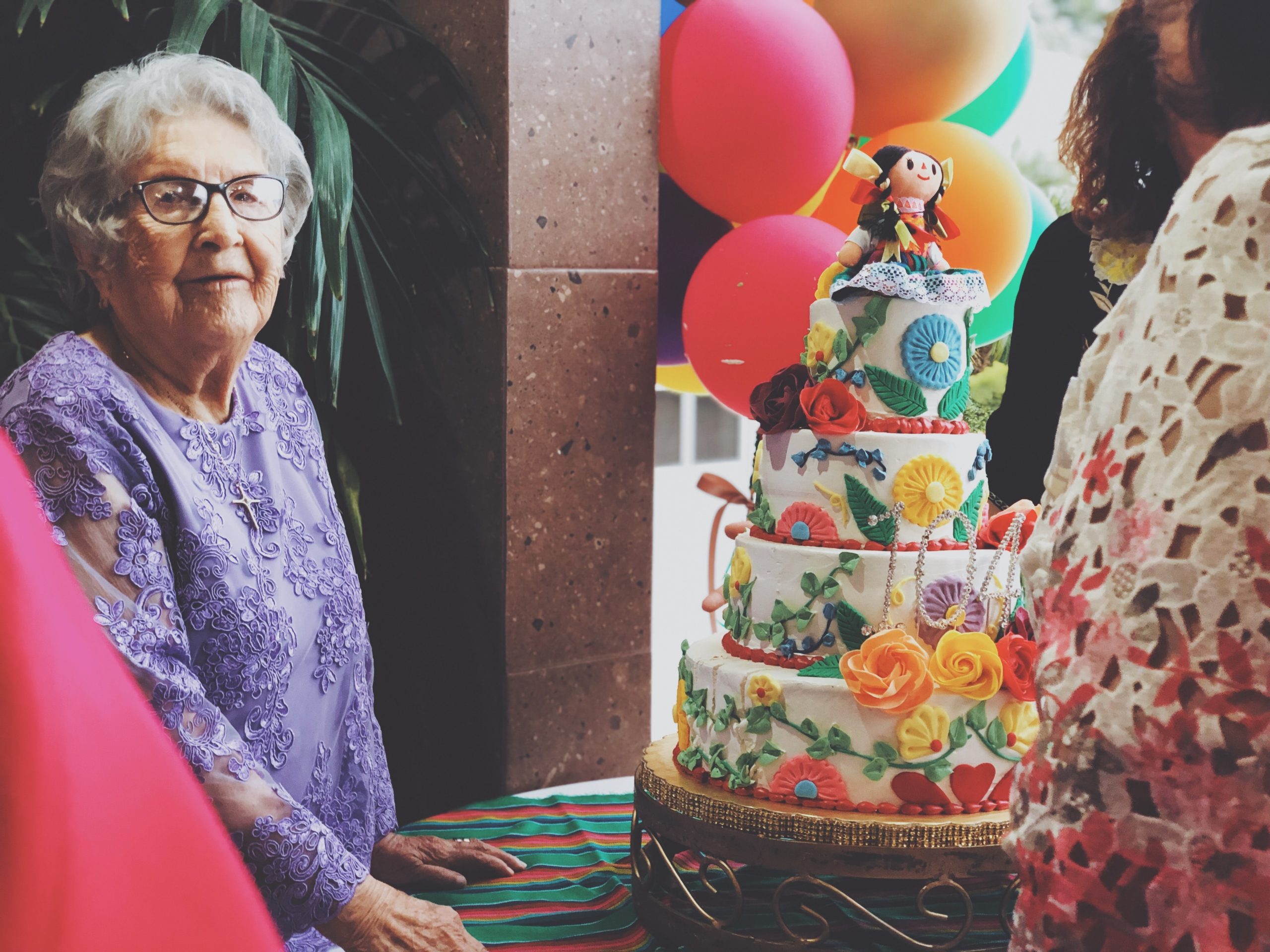
Montessori for Seniors…the Montessori Approach to Aging –
Montessori for seniors, also known as the Montessori approach to aging, is an adaptation of the Montessori educational philosophy that is tailored to meet the unique needs and challenges faced by older adults, particularly those with cognitive impairments or dementia.
The Montessori method, originally developed by Dr. Maria Montessori for children’s education, emphasizes individualized learning, independence, and hands-on experiences. This approach has been extended to support the well-being and quality of life of seniors in various settings, including long term care residences, assisted living facilities, memory care centers, and home-based care.
Montessori for seniors embraces the core principles of the original Montessori philosophy, translating them into activities and interventions that promote engagement, cognitive stimulation, and emotional connection for older adults.
Here are some key features of Montessori for seniors:
Individualized Activities: Just as the Montessori method recognizes each child’s unique learning style, Montessori for the elderly with cognitive impairments focuses on tailoring activities to match the individual’s preferences, abilities, and cognitive levels. This approach respects the dignity and autonomy of older adults.
Purposeful Engagement: Meaningful and purposeful activities are central to the Montessori approach to aging. These activities range from arts and crafts to gardening, cooking, and memory games. The goal is to provide opportunities for cognitive stimulation, social interaction, and a sense of accomplishment.
Sensory Stimulation: Montessori for seniors often incorporates sensory experiences to engage multiple senses, such as touch, sight, smell, and sound. These sensory activities can evoke memories, provide comfort, and promote emotional well-being.
Structured Environments: Environments are organized and clutter-free to reduce confusion and anxiety for older adults, particularly those with cognitive impairments. Clear signage, organized spaces, and consistent routines are emphasized to create a sense of security.
Choice and Independence: Montessori for seniors encourages individuals to make choices based on their interests and abilities. This promotes a sense of autonomy and control over their daily lives.
Intergenerational Interaction: Interaction with children and younger generations is valued in Montessori for seniors. These interactions can bring joy, spark memories, and foster a sense of connection.
Effective Communication: Caregivers are trained in effective communication techniques, including clear and concise language, active listening, and validation. These techniques foster understanding and emotional connection.
Family Involvement: Similar to the original Montessori philosophy, involving family members in the caregiving process is important in Montessori for seniors. Educating family members about the approach helps maintain consistency and support beyond caregiving sessions.
The approach recognizes that older adults, regardless of cognitive decline, have the capacity for continued growth, engagement, and meaningful experiences.
By applying the principles of the Montessori philosophy to the aging population, this approach seeks to enhance the quality of life for seniors, particularly those facing cognitive challenges.
Click here to find out what our customers have to say about the Montessori approach to aging.
Mark Norris, Director of the Montessori Alzheimer Center learned directly from Dr. Cameron Camp, neuropsychologist and originator of the Montessori Method Adapted for the Cognitively Impaired.
Like us on Facebook!





